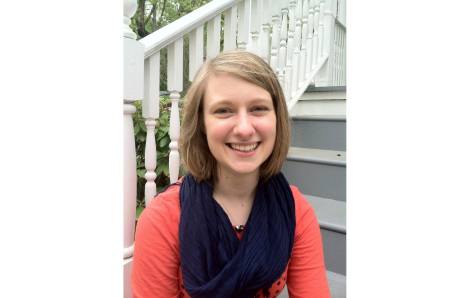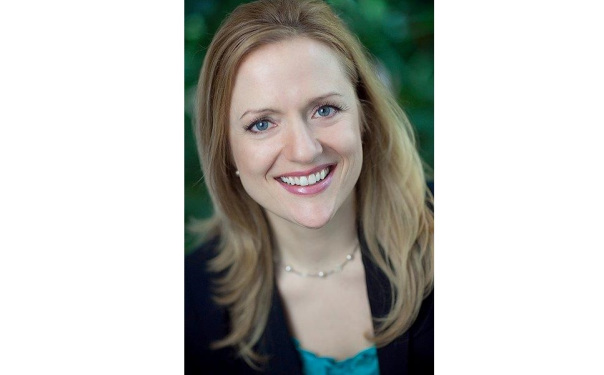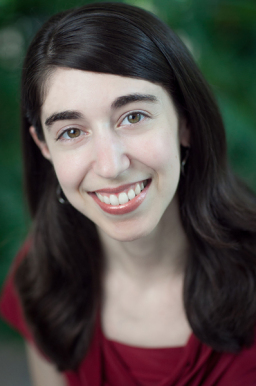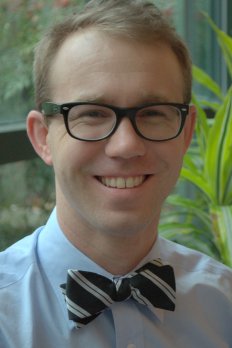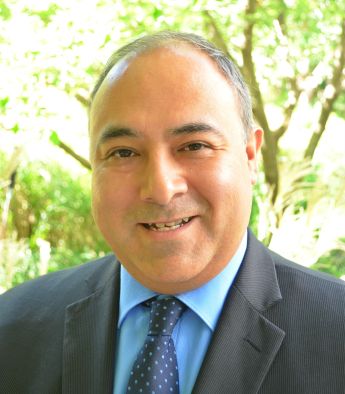 In his address to Congress, Pope Francis reminded us, “every life is sacred, every human person is endowed with an inalienable dignity.” These are clearly not empty words. During his visit to the U.S., our hearts were warmed by the Holy Father’s stops to spend time with the most vulnerable, loving them and empathizing with their struggles. Through his words and actions, he challenged us to also care for our brothers and sisters.
In his address to Congress, Pope Francis reminded us, “every life is sacred, every human person is endowed with an inalienable dignity.” These are clearly not empty words. During his visit to the U.S., our hearts were warmed by the Holy Father’s stops to spend time with the most vulnerable, loving them and empathizing with their struggles. Through his words and actions, he challenged us to also care for our brothers and sisters.
Being pro-life is about cherishing and protecting each person and his or her life at every stage and in every circumstance. It means staying up with a sick baby until 2 a.m.; it means supporting families going through a hard time; it means visiting those who are sick and alone. That’s why the U. S. Catholic bishops are asking you to participate in 9 Days for Life—a digital pilgrimage from January 16-24.
Wherever you are, you can join with thousands across the country in praying for increased respect for life, in reaching out to others, and in sharing the joyful truth that every life is worth living.
You can download the novena online, or receive it through Facebook, email, text message or an app. You’ll be able to access new intentions, brief reflections, suggested actions, and more each day. (Sign up at 9daysforlife.com.)
As part of 9 Days for Life, the bishops are also asking you to share with others what it means to embrace a culture of life. One way you can do this is by posting a 5-15 second video of why you are participating in 9 Days for Life, how you participated that day, or what being pro-life means to you. 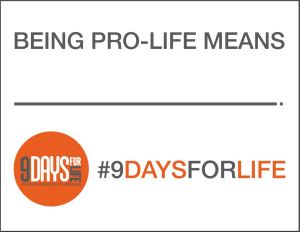 Or, you can print out the customizable sign, fill in the sentence, “Being pro-life means _________,” and post a selfie with your sign. Whether you share a video or picture, use the hashtag #9DaysforLife, and if you’re posting on Instagram, Facebook, or Twitter, be sure to tag @USCCB—they’ll pick the best to share!
Or, you can print out the customizable sign, fill in the sentence, “Being pro-life means _________,” and post a selfie with your sign. Whether you share a video or picture, use the hashtag #9DaysforLife, and if you’re posting on Instagram, Facebook, or Twitter, be sure to tag @USCCB—they’ll pick the best to share!
If social media isn’t your preferred way of connecting with others (or even if it is!), you can find some other creative suggestions here. From participating in diocesan or parish events, to holding your own pro-life potluck, these days are a time to reinvigorate our recognition and celebration that every single life is loved and valued by Our Father in heaven.
Of course, the ultimate goal of 9 Days for Life is that these prayers and actions will last well beyond January 2016. As you come up with resolutions for the New Year, ask yourself how you can spread a culture that values every life, from the beginning to the end.
We look forward to seeing what being pro-life means to you! Get started at 9daysforlife.com.

Photo Credit: Renata Grzan / RenataPhotography.com
Tom Grenchik is Executive Director of the Secretariat of Pro-Life Activities of the U.S. Conference of Catholic Bishops. www.usccb.org/prolife

